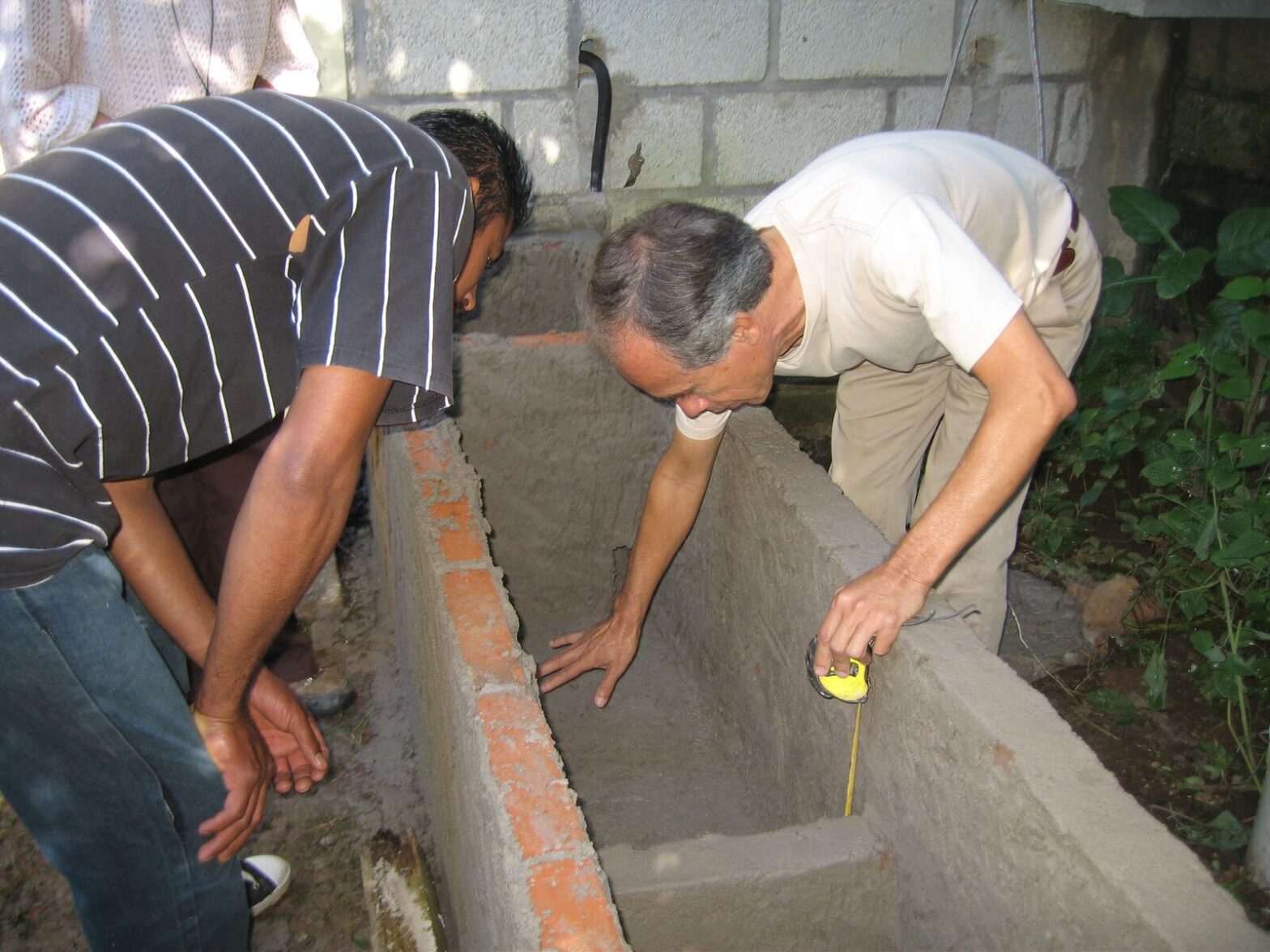Local capacity building to apply alternative technologies and training on sustainable water management and biological conservation
Organization: Alternative Technology Innovation Center (Centro de Innovación en Tecnología Alternativa—CITA)
Location:
Indigenous communities of Santo Domingo Ocotitlán and Amatlán de Quetzalcóatl in the Municipality of Tepoztlán, Morelos. Communities located in the “El Tepozteco” National Park.
Country: Mexico
Other Organizations Involved:
- Redconcilia-Eco Social A.C.
- Santo Domingo Ocotitlán and Amatlán de Quetzalcóatl Assistantship
- Tepoztlán Municipal Government.

Background
Santo Domingo Ocotitlán and Amatlán de Quetzalcóatl are two indigenous communities that lack potable water and sewer services. As the soil is highly permeable, inadequate wastewater treatment and the direct runoff into receiving bodies lead to serious pollution problems for the communities themselves and for the ecosystem.
Project activities seek to ensure that these vulnerable groups, consisting mostly of indigenous women, know, build, maintain and take over a series of self-sufficient technologies, enabling them to increase the availability of high-quality water, reduce contamination and create awareness of the biological wealth of their surroundings and the importance of living in a protected natural area.
Goals
- Provide and train on alternative technologies to increase the availability of high-quality water to vulnerable groups and to reduce the contamination of receiving bodies due to the direct runoff from graywater or sewage in a domestic rural environment.
- Foster awareness on the use and benefits of the alternative technologies.
- Create awareness on the importance of water resources and the area’s biological wealth.
Main Activities
- Learning workshops and creation of groups to train on awareness, training and construction.
- Construction of rainwater catchment systems, root networks for wastewater treatment, waterless toilets and pedal-powered pumps.
- Drafting of a manual on the operation and awareness of alternative technologies.
- Construction of a set of community wash basins with rainwater catchment and root networks to treat graywater.
- First Appropriate Technologies Forum held in Tepoztlán, Morelos.
- Workshops on the importance of water resources, sustainable water management and the importance of the area’s biological wealth and endemic species.
Results
- Creation of training groups on the construction, use and maintenance of alternative technologies for stewardship of water and the environment, capable to handling community residents’ requests in the short, medium and long term.
- Construction of the following works: Five family packages for rainwater catchment, consisting of a reinforced concrete cistern, sediment filter and rainwater channels. Five root networks to treat graywater and sewage. Five waterless toilets for household use. Fifteen pedal-powered pumps (pedal-powered nixtamal mills, water pumps, washing machines and blenders).
- Training manual on the operation and awareness of alternative technologies, with simple language, illustrations and the conditions for their operation and maintenance.
- A dignified, harmonious and healthy space for the community’s women to wash their clothes. Rainwater catchment system to provide women with quality water for such purpose and a graywater treatment system using a root network.
- Appropriate Technologies Forum in Tepoztlán, with more than 30 exhibitor stands, conferences, concerts and the sale of natural, regional and organic products.
- Publication of manuals, posters and educational brochures to create awareness on the use of alternative technologies.
- Trained persons who generally understand the current water situation, sustainable water management and the area’s biological wealth.